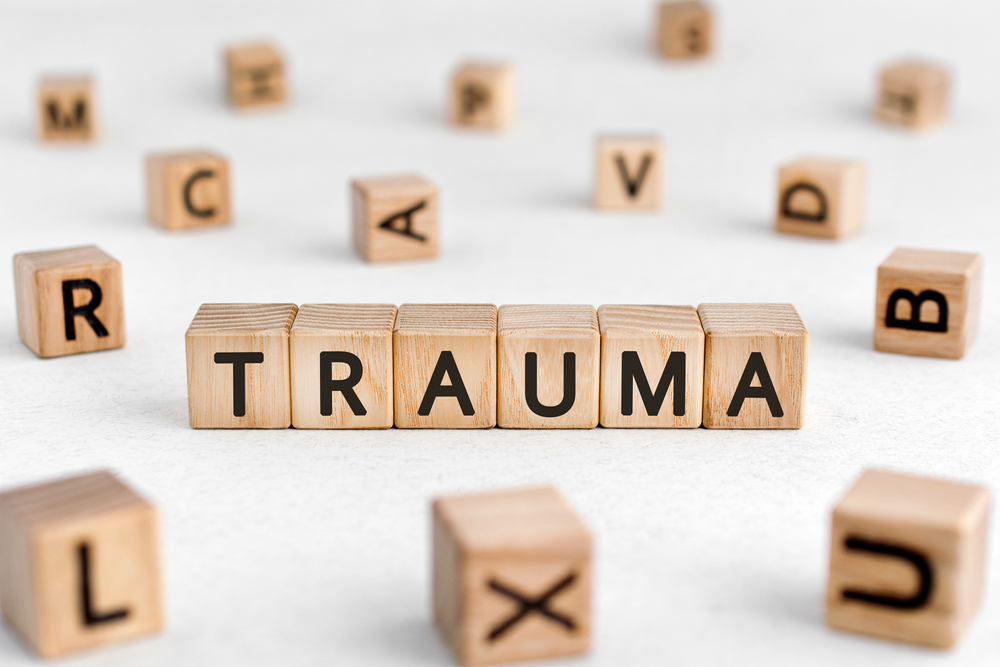When you survive a one-time or ongoing event that is dangerous or threatening, it can have lasting effects on your well-being. People view trauma through different lenses depending on the severity of the circumstances and their overall emotional resilience, which is why trauma-informed treatment is so essential.
Forms of Trauma
Trauma can be acute, chronic or complex.
- Acute trauma results from a single incident such as a car accident or a robbery.
- Chronic trauma develops due to long-term exposure to harm, including parental neglect.
- Complex trauma is exposure to varied and multiple traumatic events, often of an invasive, interpersonal nature. It tends to result from a series of inescapable, life-threatening events that take place over several months or years. Examples include domestic abuse and serving in combat.
Is Trauma Hereditary?
A leading premise of developmental psychology is that traumatic events your ancestors went through can affect your life, even if you did not experience the trauma yourself. The concept is that extreme distress can leave a chemical imprint on a person’s genes, which they can then pass on to future generations.
The changes from trauma do not affect the genes themselves. Instead, they alter gene function, which is what’s known as epigenetic. Children born to parents who experienced trauma could have higher chances of developing health issues like chronic disease and behavioral disorders. The stress resulting from trauma can change brain structure and response, as observed in brain scans of people with post-traumatic stress disorder.
In addition, cultural, psychological or socioeconomic factors might influence epigenetic trauma. For instance, traumatized adults who go on to become parents may be emotionally detached, anxious or depressed, and their children will unconsciously pick up on these issues, thus passing the trauma on to a new generation.
How Does Trauma Affect Your Overall Health?
Since trauma puts the brain into permanent fight-or-flight mode, survivors are frequently tense, nervous and can’t relax, even in comfortable surroundings with no threats present. Startling easily and having concentration and memory problems are hallmarks of trauma. You may also have insomnia and physical effects such as muscle tension, body aches, headaches and digestive problems.
Ultimately, the cumulative effects of trauma can be life-altering and cause significant impairment in your life, including your relationships and ability to find and keep a fulfilling job. Trauma survivors often struggle with co-occurring mental health issues like anxiety and depression. It also overlaps with addiction, as people may use drugs and alcohol to self-medicate their severe symptoms. Ultimately, a dual diagnosis will perpetuate itself in a vicious cycle that makes you feel much worse.
Dual-Diagnosis Treatment in California
Whether your trauma is acute, chronic, complex or inherited, it can affect every facet of your life and be increasingly challenging to manage. Fortunately, you don’t have to go through it alone. Hope by the Sea’s prescribing psychiatrist can consult with you and monitor your condition throughout your stay with us.
We offer a full continuum of care, beginning with medically supervised detoxification to ensure you are stable before progressing into residential treatment. We offer several step-down levels of care to support you as you move into transitional housing after completing your primary treatment program.
If you’re ready to learn more about getting help at our family-owned, accredited dual-diagnosis rehab center, contact us today.

